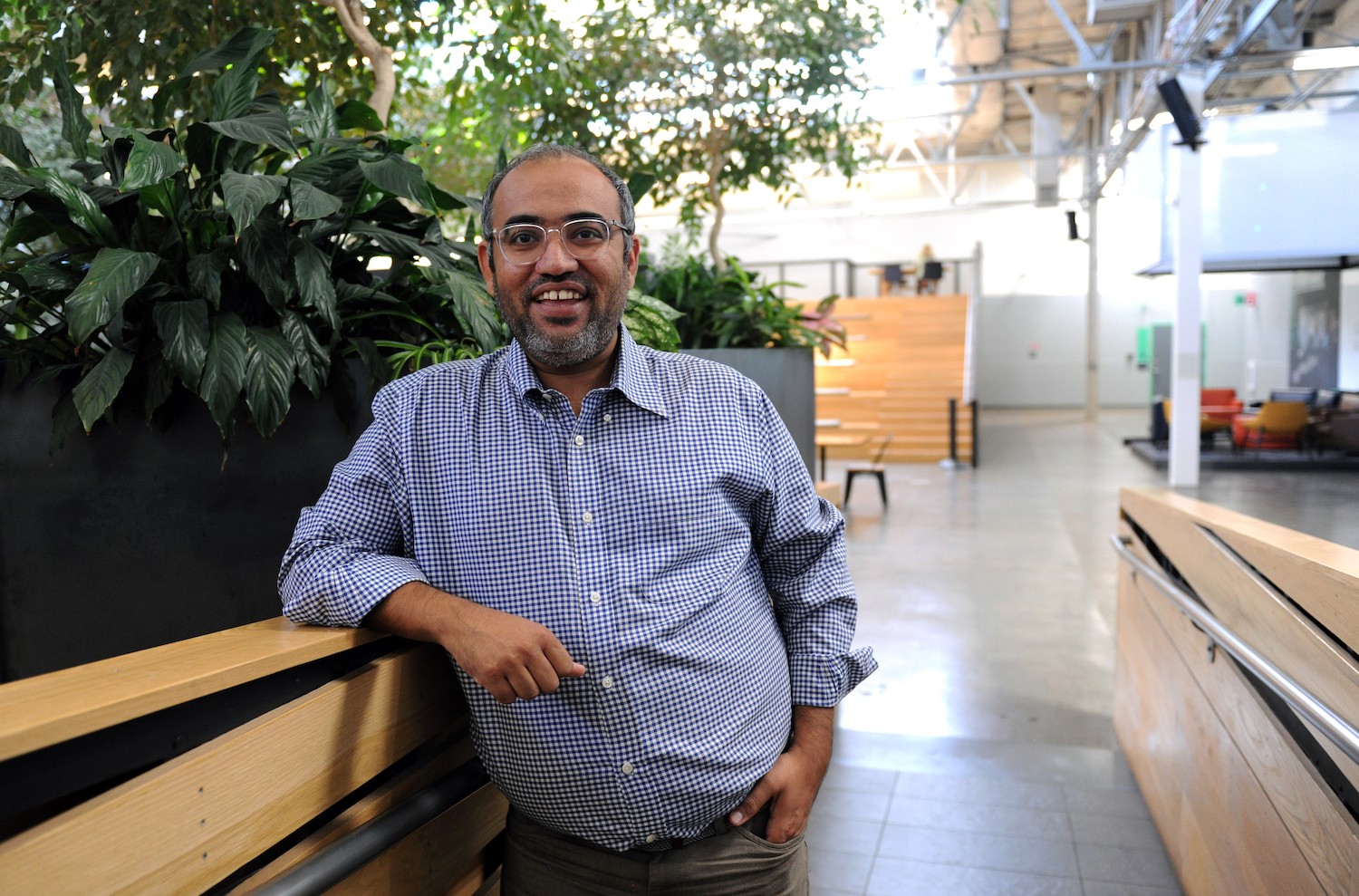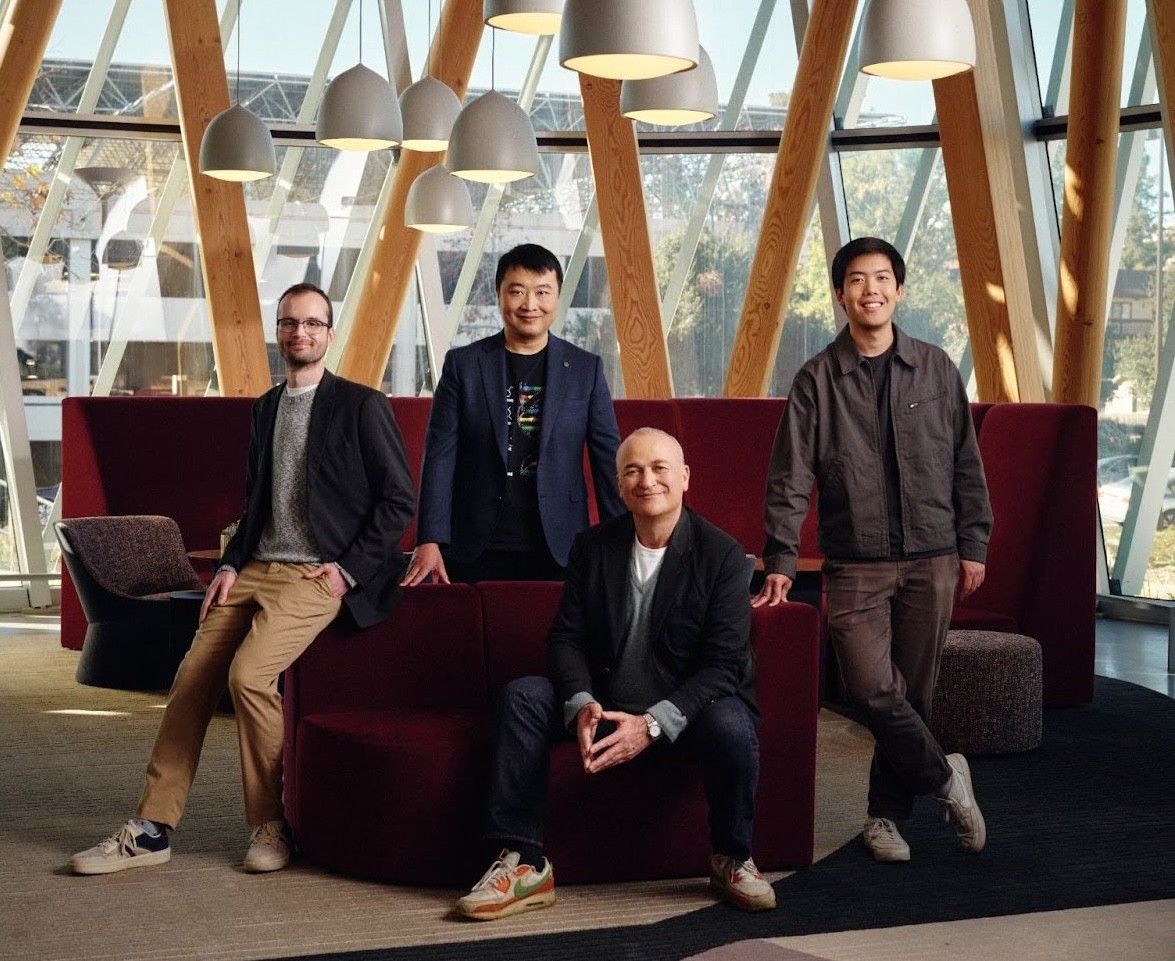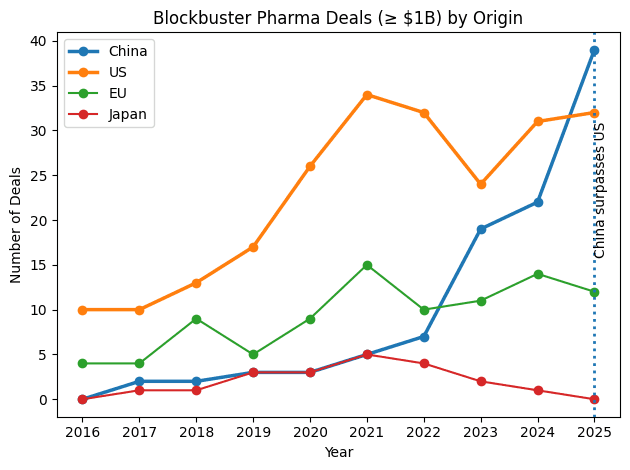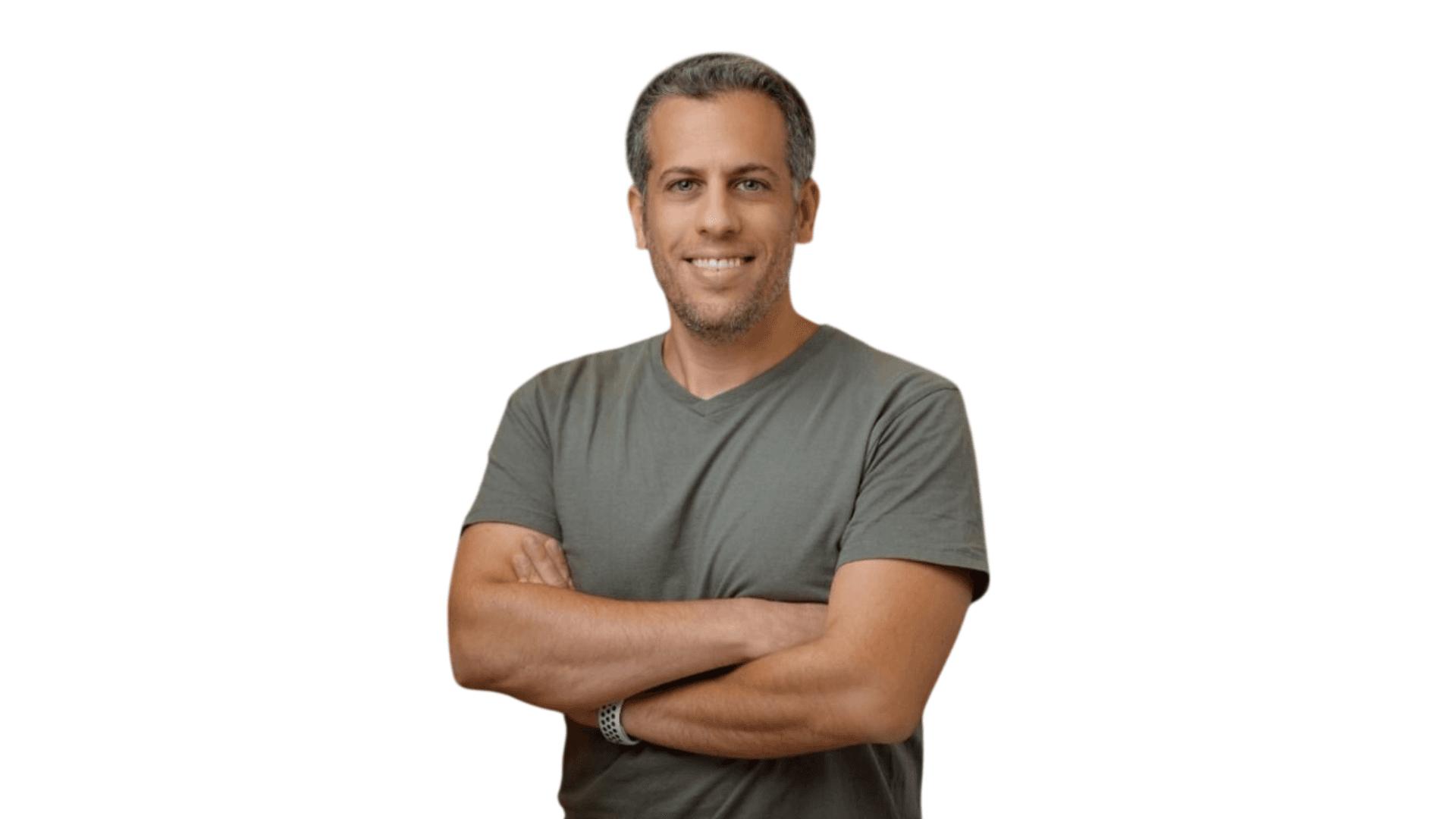Engineered Human Therapies
Pioneers of cellular reprogramming and cell therapies join bit bio
Company announces biotech entrepreneur Paul Morrill as Chief Business Officer and cell therapy veteran Florian Schuster as CFO/COO; company also named cell reprogramming pioneer Marius Wernig and immuno-oncologist Ramy Ibrahim to the scientific advisory board.CAMBRIDGE - OCTOBER 24 - bit bio (formerly Elpis Biomed) today announced its founding team, a group of pioneering scientists and business executives at the forefront of stem cell biology, cellular reprogramming and cell therapies. Biotech entrepreneur and scientist Paul Morrill will join as Chief Business Officer; and biotech veteran Florian Schuster will join as CFO/COO.The company also announced today two additions to its scientific advisory board: Marius Wernig, a pioneer in cell reprogramming and Ramy Ibrahim, a leading innovator in the field of immuno-oncology. They join Chief Scientific Advisor Roger Pedersen, a central figure in the field of human stem cell biology.Recent successes in cell therapy have sparked new hopes for the treatment of cancer. But the limited availability of human cells make them expensive and restrict their application. Drug development is also affected by the lack of human cells: differences between the animal models currently used and human biology are the major reasons why drugs fail in clinical trials.Founded by stem cell biologist and neurosurgeon Mark Kotter, bit bio is commercializing Opti-OX,, a proprietary technology platform for the efficient and consistent reprogramming of human cells for use in research, drug discovery, and cell therapy. With the expansion of its team, bit bio ” is entering its next phase of development to transform drug discovery and enable a new generation of cell therapies.
Myocytes“The next generation of medicine hinges on widespread access to human cells,” said Kotter. “That is the challenge we have set out to solve at bit bio, and I am incredibly proud to announce our founding team, which features innovators who have not only helped invent our field but who continue to push the envelope. Welcome Paul, Florian, Ramy, Roger and Marius!”“At bit bio, we all share the same core ethos: democratizing access to human cells for the benefit of patients,” added Chief Business Officer Paul Morrill. “I’m excited to join this world-class team as we work toward this ambitious goal.”Paul Morrill (PhD) joins the company as Chief Business Officer. Paul is an entrepreneur and scientist with over thirty years of experience in the biotech and pharma industries. Most recently, he was the commercial founder and President of Horizon Discovery Group, and founder of CellRx Limited, a growth factors company serving the biopharmaceutical, stem cell and research sectors. Paul holds a PhD in Biotechnology from the University of Cambridge.Florian Schuster joins as CFO / COO. Florian is an active entrepreneur and investor. Previously, he was CFO & Head of Strategic Partnerships for Tessa Therapeutics, a clinical-stage cell therapy company. Florian is a former investment banker, a graduate of the Stanford School of Engineering, and an alumnus of Harvard Business School. Ramy Ibrahim (MD) joins as a member of the scientific advisory board. Ramy is a leading immuno-oncology clinician who has helped to develop some of the breakthrough therapies in this field. Ramy is currently the Chief Medical Officer at the Parker Institute of Cancer Immunotherapy. He has served as the Vice President of Clinical Development for Immuno-oncology at AstraZeneca, and as a member of the Bristol-Myers Squibb Immuno-oncology program.Marius Wernig (MD PhD) joins as scientific advisory board member. Marius is a pioneer in cellular reprogramming. Marius’ seminal 2010 paper in Nature demonstrating direct conversion of fibroblasts into neurons has sparked a widespread interest in cell reprogramming. His lab uses cellular reprogramming to understand how neurons are induced, and how they mature and maintain their identity. Marius is professor and co-director of the Stanford Institute for Stem Cell Biology and Regenerative Medicine.This team joins Mark Kotter and Roger Pedersen:Mark Kotter (MD PhD, Founder/CEO) is a stem cell biologist and neurosurgeon at the University of Cambridge. By combining synthetic and stem cell biology, his team has developed a benchmark technology for the efficient and consistent production of human cells for use in research, drug development, and cell therapy. He is the founder of bit bio and co-founder of the cultured meat startup Meatable.Roger Pedersen (PhD, Chief Scientific Advisor) is a pioneer and thought leader in the field of human stem cell biology. His lab was the first to isolate pluripotent epiblast stem cells from the epiblast layer of the developing mammalian embryo. In addition, he developed one of the first cellular reprogramming protocols. Roger was co-founder of the Cambridge Stem Cell Institute. His lab is currently focused on the differentiation of pluripotent stem cells, with potential applications for drug discovery, toxicity testing and cell therapies.###About bit biobit bio is the cell coding company. Based in Cambridge, UK, bit bio’s team includes world leaders in stem cell biology, cellular reprogramming and cell therapy who are harnessing the power of synthetic biology to tackle the problem of inconsistency in the production of human cells. bit bio is developing Opti-OX, a proprietary technology platform capable of producing any human cell for research, drug discovery and cell therapy. For more information, visit bit.bio.



















